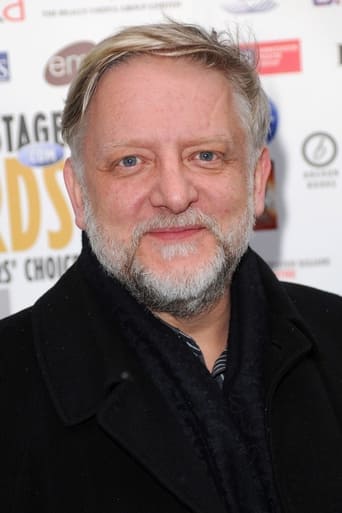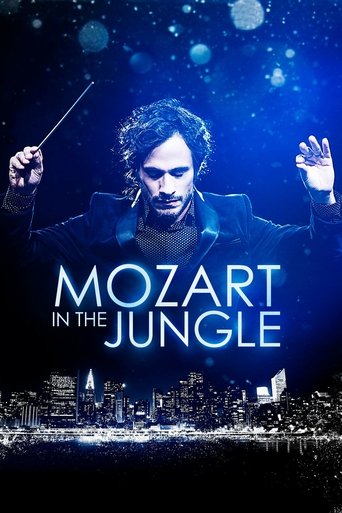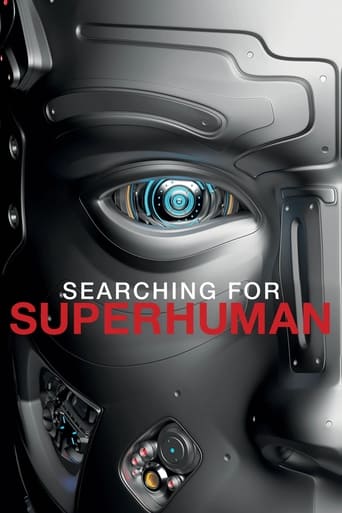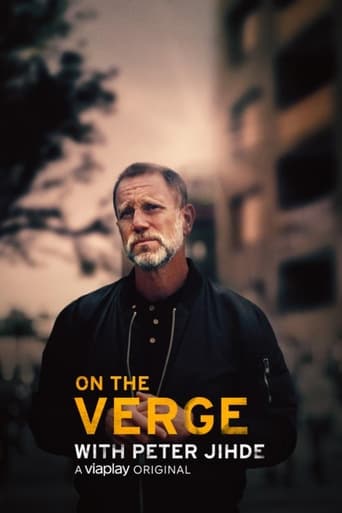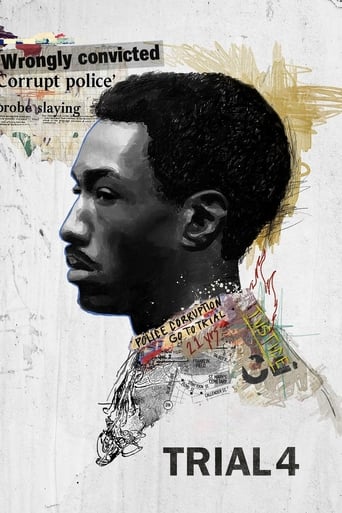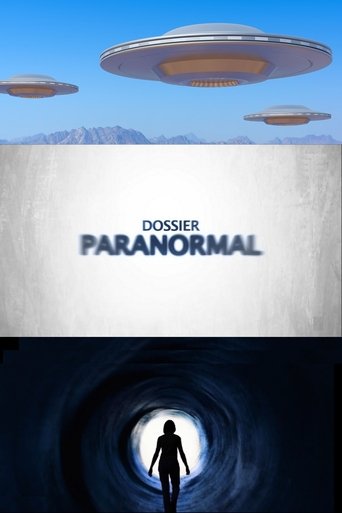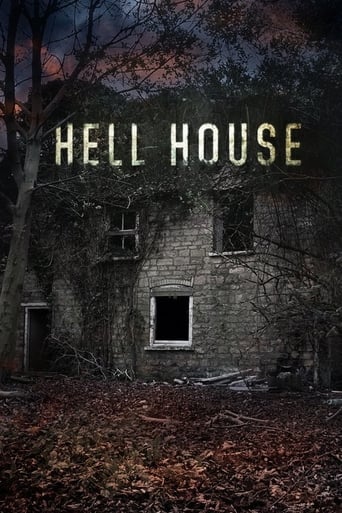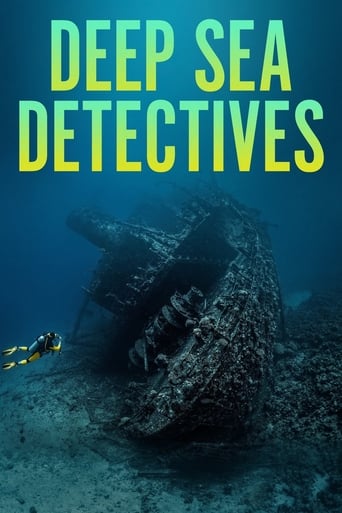
Revolution and Rebirth
Simon Russell Beale's journey takes him into the 20th century, a time when the certainties of empire were falling away, war was looming and the world was changing faster than ever before. Simon investigates the extraordinary symphonic world of Shostakovich, the star composer of the new Soviet Union, as well as the work of Ives and Copland who were both, in their different ways, creating a new American sound. He discovers how the development of the gramophone and broadcasting meant that more people could hear their music than ever before and how it became possible to immortalise the symphony in sound. The symphonies are played by the BBC Symphony Orchestra conducted by Sir Mark Elder.
Country: GB
Language: En
Runtime: 60
Season 1:
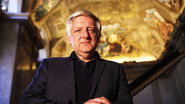
Simon Russell Beale presents a radical reappraisal of the place of the symphony in the modern world and explores the surprising way in which it has shaped our history and identity. The first episode begins amidst the turmoil of the French Revolution with the arrival in England of Joseph Haydn, dubbed the 'Father of the Symphony'. It continues with Mozart, the genius who wrote his first symphony at the age of eight, and Beethoven, the revolutionary who created the idea of the artist as hero and whose Eroica Symphony changed music for ever. The music is performed by the Orchestra of the Age of Enlightenment, conducted by Sir Mark Elder.
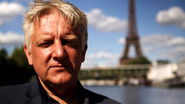
Simon Russell Beale continues his journey into the world of the symphony with the story of the revolutionary later symphonies of Ludwig van Beethoven and their phenomenal impact. We also meet Franz Schubert, whose two greatest symphonies were only discovered after his tragic early death, the obsessive French Romantic Hector Berlioz and the flamboyant pianist turned composer Franz Liszt. The music is performed by the Orchestra of the Age of Enlightenment and the Halle, conducted by Sir Mark Elder.
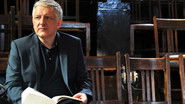
Simon Russell Beale continues his history of the symphony by taking a musical journey through the rise of nationalism in Europe into the New World. He discovers how nationalist voices such as Tchaikovsky, Dvorak and Sibelius brought the symphony to wider audiences and visits Dvorak's summer house as he left it at his death in 1904, a remarkable insight into the personal life of the great composer. Simon follows the development of the symphony outside Europe and explores how growing urbanisation led to the construction and growing popularity of some of the world's greatest concert halls, visiting the Musikverein in Vienna, the Philharmonic Hall in St Petersburg and Carnegie Hall in New York. The symphonies are played by the BBC Symphony Orchestra conducted by Sir Mark Elder.
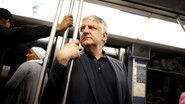
Simon Russell Beale's journey takes him into the 20th century, a time when the certainties of empire were falling away, war was looming and the world was changing faster than ever before. Simon investigates the extraordinary symphonic world of Shostakovich, the star composer of the new Soviet Union, as well as the work of Ives and Copland who were both, in their different ways, creating a new American sound. He discovers how the development of the gramophone and broadcasting meant that more people could hear their music than ever before and how it became possible to immortalise the symphony in sound. The symphonies are played by the BBC Symphony Orchestra conducted by Sir Mark Elder.


